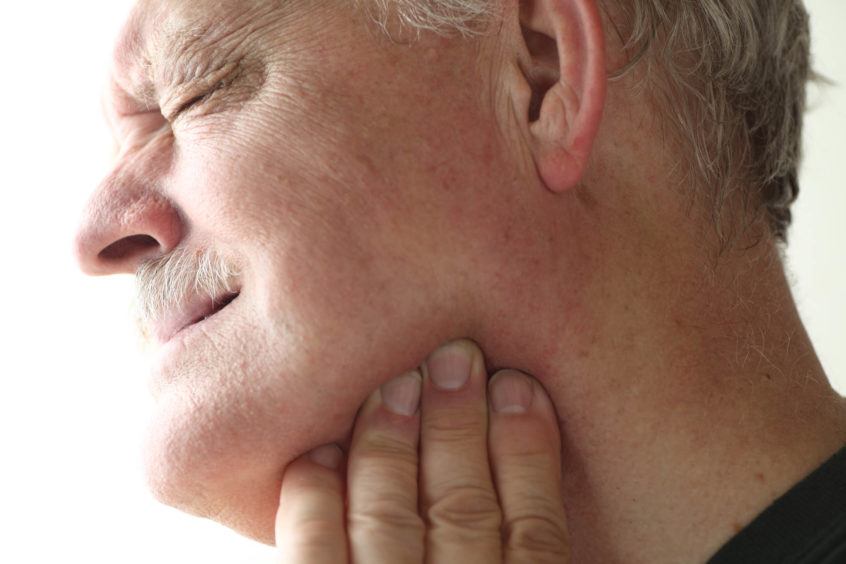Two of the most common reported problems to dentists are teeth grinding and clenching of one’s jaw. Many people will experience these troubles at least once in their lifetime and usually relate them to stress in their life. However, what they don’t realize is they could be suffering from a condition called TMJ disorder. Fortunately, there are several solutions for the disorder. Here’s everything you need to know about TMJ.
What is TMJ?
Firstly, you need to know about the temporomandibular joint, which is where the jaw meets the bones of the skull. This joint helps us move our jaw up and down when we speak and chew our food. TMJ disorder occurs when our jaw gets damaged or becomes misaligned, meaning it struggles to move smoothly. This results in you being unable to chew and move the jaw correctly without pain. There is also a disc in the joint which sometimes slips out of place or can tare.
What Causes TMJ?
TMJ can occur for many reasons. One of the main reasons the jaw may become misaligned is that you could have suffered an accident where you have experienced a blow to the head, resulting in knocking the jaw out of place. Another reason you may suffer from TMJ is that may be suffering from arthritis in the joint. Additionally, some people develop the disorder due to stress. Your facial and jaw muscles can tighten as you worry, and this may result in grinding your teeth.
What are the Symptoms?
Unfortunately, a lot of the symptoms of TMJ are misdiagnosed. People aged between 20 and 40 are more likely to have the disorder. You should monitor any clicking you experience in your jaw or your ear, as this may result in TMJ. This can be a sign that the bones or disc have become misaligned. You may also experience pain in your jaw when you are trying to yawn or when you are eating. Another issue that can start occurring is severe headaches that won’t go away. You may also start feeling lightheaded and unbalanced, which can be frightening and will interfere with your everyday life. Your face may also swell due to the pressure on the joint. Finally, tinnitus may occur, which is where you hear ringing in your ears.
What Should You Do?
If you are experiencing any of the above and think may be TMJ disorder, it’s worth talking to the dentist about your symptoms. The dentist will then do a Panorex or iCAT x-ray so they can give a full diagnosis. Even if you may not suspect TMJ is the cause, it’s always best to seek the advice of a professional to calm your anxiety.
What Treatment Will You Receive?
If you are grinding or clenching your teeth in the night because of TMJ, your dentist may recommend using an occlusal guard at night to stop you from doing this. If your dentist feels it’s necessary, they might recommend you see an oral surgeon to see what other options may help ease your discomfort. An oral surgeons course of treatment may include open-joint surgery to fix the bone structure of the jaw joint. Your dentist may even refer you to a physical therapist.

